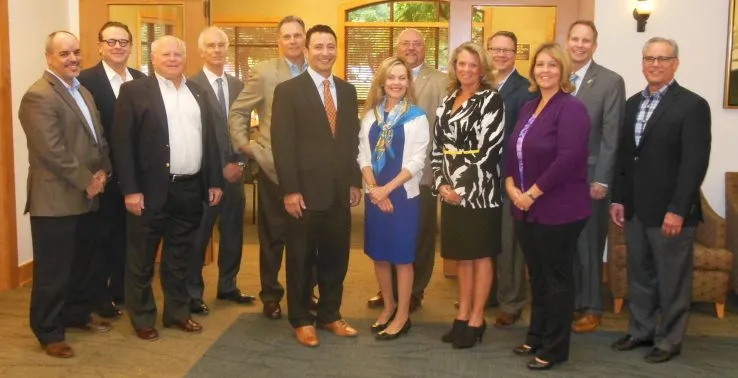Banking CEOs: Dodd-Frank regs still top issue faced by industry

FORT COLLINS — Bankers in Northern Colorado have a lot on their minds other than collecting deposits and making loans.
Issues affecting their operations run the gamut from new regulations coming online, dealing with younger regulators and examiners, and adjusting to the banking habits of the younger generation made possible by technology.
They also turn a keen eye to how future economic development and the growing population that has created traffic gridlock between many of the region’s cities will affect the economy, and ultimately, their banking operations.
“More regulations come on board every year … and the cost to comply is pretty astounding,”…
THIS ARTICLE IS FOR SUBSCRIBERS ONLY
Continue reading for less than $3 per week!
Get a month of award-winning local business news, trends and insights
Access award-winning content today!
